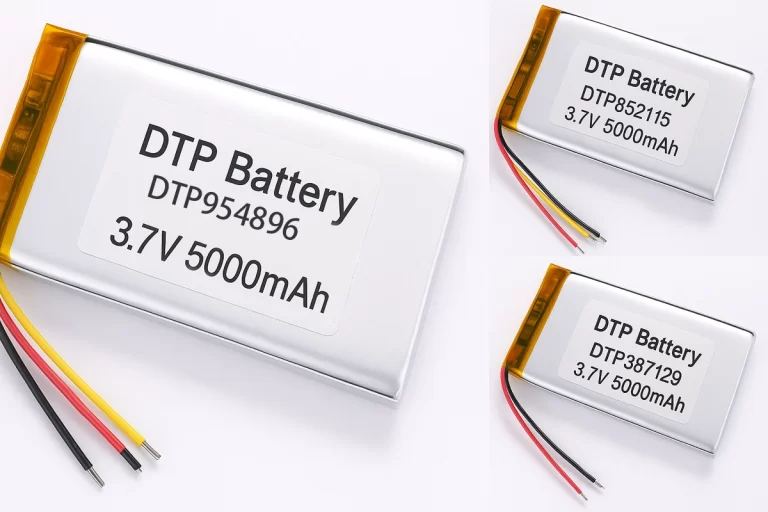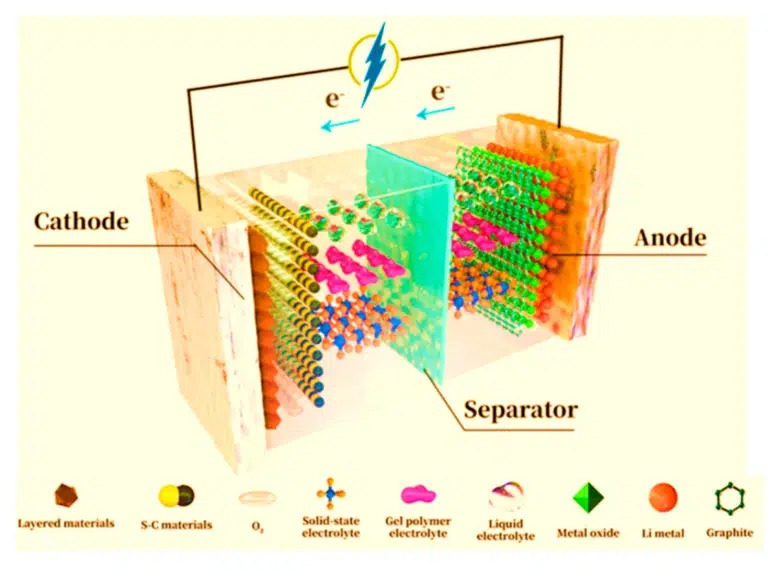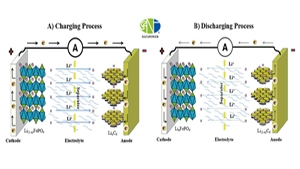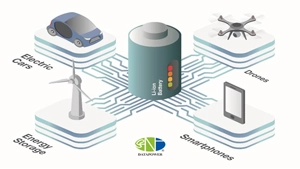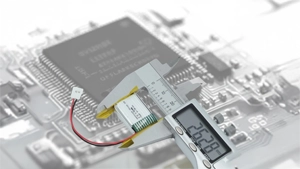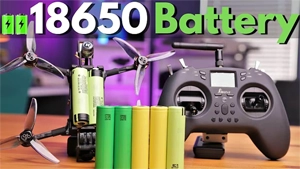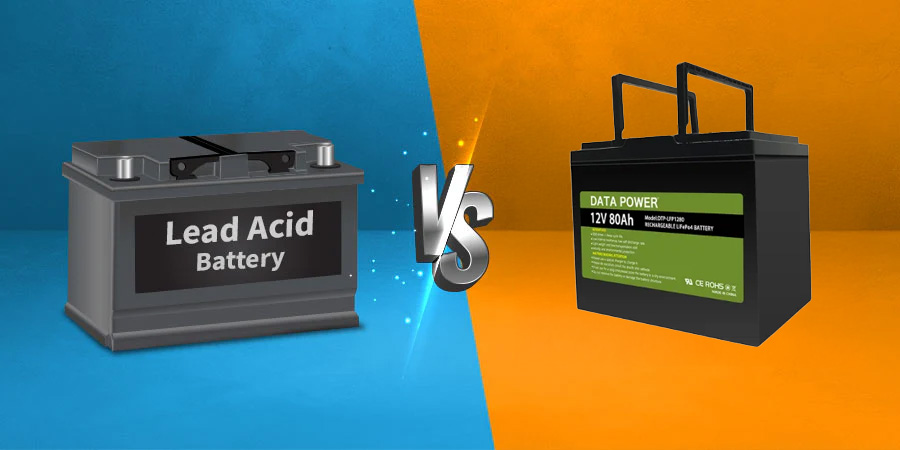
lithium iron phosphate (LiFePO4) as a superior battery chemistry, offering advantages like longer cycle life,
safety, and lighter weight compared to traditional lead-acid batteries.
Li-ion batteries are versatile, powering diverse applications from small consumer electronics to electric vehicles and energy storage systems.
Safety is paramount, with manufacturers emphasizing built-in battery management systems (BMS) and various certifications ensuring compliance with safety standards.

Key Advantages:
Longer lifespan: Offers 2000+ cycles compared to 300-500 for lead-acid. The service life of
LiFePO4 batteries is 8 to 10 times than the standard lead acid batteries.
Lightweight: The weight of the lithium-ion phosphate battery is 30 percentage lighter than the
lead acid battery of the same capacity.
Safety: Features like built-in BMS protect against overcharge, over-discharge, and short circuits.
LifepO4 battery will not burn when overcharged over discharged over current or short circuit and
can withstand high temperatures without decomposition.
Sustainability: Considered “green batteries due to the absence of heavy metals.
Versatility: Suitable for off-grid solar, RV camping, home backup power, and more.

Variety of Cell Formats: The company offers various cell sizes like 18650, 21700, 32140, and 32700,
indicating a focus on supplying battery cells for diverse applications.The inclusion of sodium-ion batteries
suggests the company is exploring alternative battery technologies.
Applications: DataPower highlights applications in electric vehicles (two-wheelers, three-wheelers, scooters),
power tools, drones, and energy storage systems.
R&D and Production Capabilities:
DataPower emphasizes its research and development capabilities and
boasts a first-class lithium battery automation production line in China. DataPower heavily emphasizes its
certifications (SGS, TUV, ISO, etc.), demonstrating a commitment to quality and safety standards.

Applications: Similar to Source 2, DTP Battery targets applications like Bluetooth earbuds, drones, beauty devices, medical equipment, power tools, and electric vehicles.
Experience and Global Reach: The company highlights its 15+ years of experience and business operations
in over 50 countries.
Technical Specifications: For a complete analysis, detailed technical specifications for each battery
type are needed, including capacity, voltage, charge/discharge rates, and temperature ranges.

Cost: The sources lack information about pricing, a crucial factor in evaluating the feasibility of different
battery options.
Sustainability: While LiFePO4 batteries are considered more environmentally friendly, information about sourcing practices, end-of-life recycling, and overall environmental impact is essential for a comprehensive sustainability assessment.

